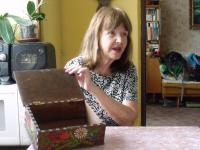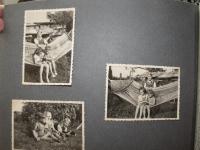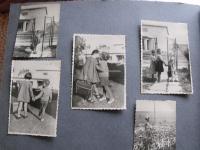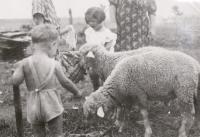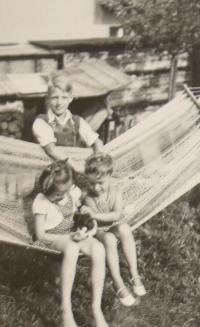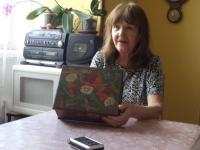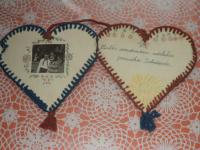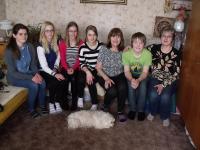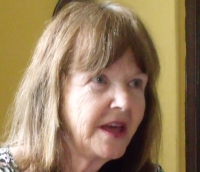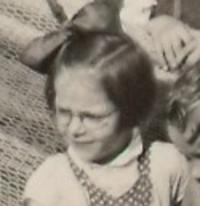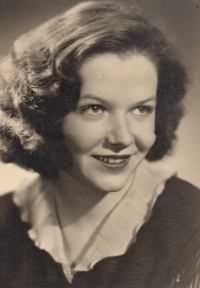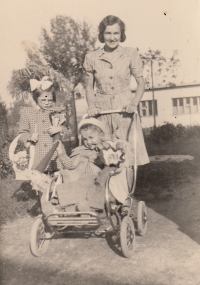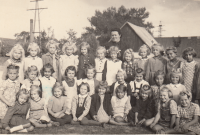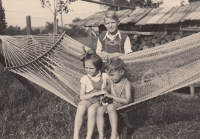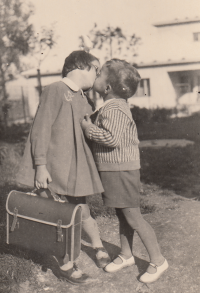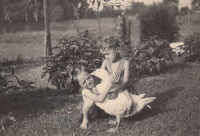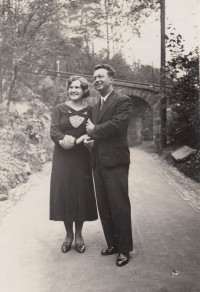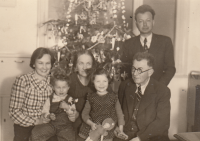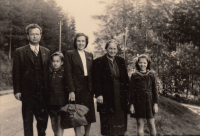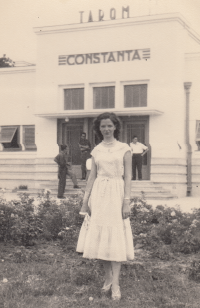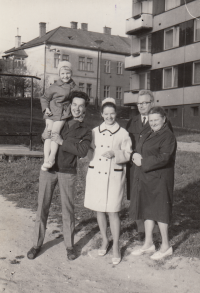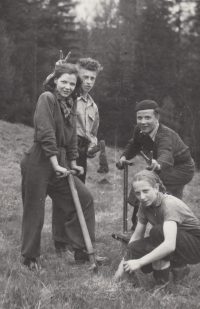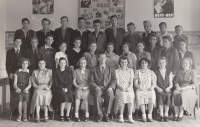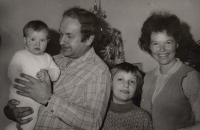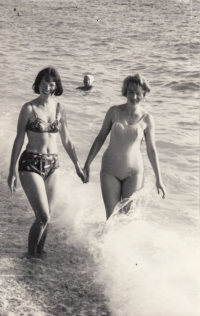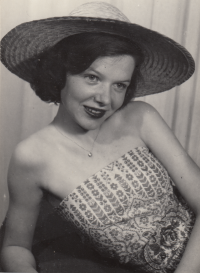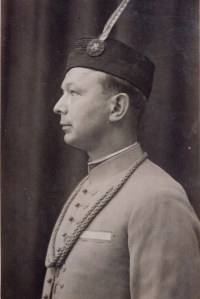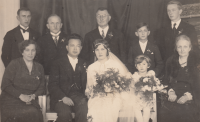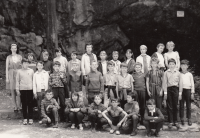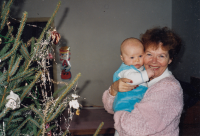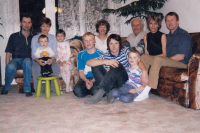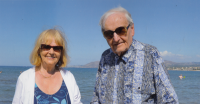Don‘t do unto others what you don‘t want done unto you

Stáhnout obrázek
Zdeňka Dvořáčková, née Šidlofová, was born in Prague on 10 June 1937. Before the war, she moved with her parents and brother to Chotěboř where her father built a villa for the family. Her father František Šidlof was a teacher but lost his job during the war and had to work at home making decorative burnt boxes. The family had to vacate their upstairs apartment and lived together with their grandparents on the ground floor; two wives of German officers and their sons stayed in their apartment. The witness and her brother were friends with those boys. Her father spent the end of the war in Terezín, returning safely after the liberation. The family wirntesed the liberation in Chotěboř and the subsequent ‚settling of accounts‘ with the Germans. Having returned from Terezín, her father began teaching again, and was hired as a school inspector in Šluknov in 1946, where the family moved. They witnessed the deportation of the Germans and the rise of the communists to power. The family moved to Liberec in the late 1940s. The father was a social democrat; becoming member of the communist party automatically after 1948, he formally stayed in. He quit the party following the the judicial murder of Milada Horáková. The witness then faced a problem getting into her dream teaching high school. Thanks to her father‘s friends, she got into a grammar school, and having graduated, she was assigned to Hejnice primary school where she worked for six years. She married Ervín Dvořáček in 1962, moved to Jihlava and the couple had two daughters. She witnessed the arrival of the occupation troops in Jihlava in August 1968. She worked in various schools in the Jihlava region, and in Jihlava after her maternity leave with her second daughter. Due to a political bias in the primary school, she later moved to a special school where she taught until her retirement in 1997. In November 1989, she participated in the anti-regime protest rallies on the square in Jihlava. She was living in Jihlava in 2023.
